Getting the Important Things Done
- by Our Minds At Work
- •
- 16 Oct, 2019
- •

What are the important things that you need to get done today? And how do you define important? Are there things that you ‘want’ to get done or is it more a matter of feeling there are things you ‘should, or ‘ought’ to get done? Considering we are making choices every moment of our day about the actions we take and how we respond to our thoughts and emotions, I’d say that having a clear idea of ‘what’s important’ to us is pretty key. Otherwise, we might get distracted, pulled in different directions or even, dare I say, procrastinate.

For me, the ‘important’ things are those that give me peace of mind, even if I don’t particularly enjoy doing them. Peace of mind is absolutely central to my life and my instincts tell me when I’m not following this number one value. They also tell me when I am.
I know it’s important if I wake up thinking about it, or heaven bless, it keeps me awake. I might be‘ putting off ‘that difficult conversation or that horrid form I’ve got to fill in, or writing that article because of what I’m allowing to go off in my head – worry, feelings of boredom, confusion or guilt. I know there’s something important I’m not being honest about if my heart is pulling me in one direction and my head is pulling me in another. I know when I’m procrastinating when I get that ‘nagging’ feeling or I’m noticing I’m ‘edgy’ or I’m suddenly looking forward to doing the vacuuming or washing the floor for the fourth time! How about you?

But our procrastination can impact on other people (maybe they are stuck because you haven’t provided them with an important document) as well as on ourselves. That ‘nagging feeling’ that just won’t go away, can lead to anxiety or stress and leaving us trapped by our own negative emotions. Perhaps we are ‘turning away’ and not looking at the causes behind our procrastination, hoping they will just ‘disappear. Or maybe there’s something we simply don’t feel at ease doing or even hate doing, particularly if it’s a nice sunny day!
Or perhaps we don’t feel capable of doing a job so may avoid it completely, pretending there is actually no elephant in the room. Is there something we’re scared about, don’t have the right tools for or fail on every attempt?
The fact is, that we may be causing bigger consequences by getting caught up in a negative thought stream and exaggerating how much the ‘thing’ will make us suffer; it then becomes bigger and scarier in our minds, often referred to as ‘dilutional’ thinking.
We are like servants to our minds but if we practice meditation and moment to moment awareness we can reverse this and learn to control our minds. We need to stop giving dilutional energy to our thinking and tap into the calm mind underneath it all, where there is a level of natural peace.
With gratitude, Ann

Just pause for a moment and ask yourself, “over all, how satisfied am I with my life as a whole … very satisfied, satisfied, not very satisfied, not at all satisfied”? People have been investigating the causes of happiness for a long time and we have learned how income, education, where we live, what we own, our marital status and where we holiday may add to us being happy, but that ultimately, none of these may be the cause of true happiness.
Science is suggesting that happiness may be more to do with our minds; where we focus our attention and what we think about, moment to moment, in our daily lives…. and there is plenty of data to support the claim. Scientist, Dr Matt Killingsworth designed an app called “trackyourhappiness.og” which sends signals to people throughout the day asking them questions related to their levels of happiness, just before and after whatever it was they were doing.
Over 650,000 reports from a diverse range of over 15,000 people, in more than 86 occupations spread over 80 countries, with different incomes, education and marital status were analysed and the results prove interesting.
Participants were asked 3 main questions:
- How do you feel right now
on a scale ranging from very bad to very good?
- What are you doing right
now (from a list of activities ranging from working, eating, watching TV)?
- Are you thinking about
something other than what you are currently doing and if so, how pleasant,
neutral or unpleasant are those thoughts?
The study showed that people are significantly less happy when their minds are not focussed on what they are doing, but are instead wandering off to something else, such as how busy the traffic is going to be on the drive home or how long it will be before they go bald! Even if they were doing something they weren’t particularly enjoying, such as completing their taxes or clearing out the garage, it turns out that if people are totally focussed and their minds are fully present, this is when their happiness levels are at their highest, according to Killingsworth.
This reminds me of something Lao Tzu said, “If you are depressed you are living in the past, if you are anxious you are living in the future and if you are at peace you are living the present. If like millions of others, you frequently find yourself ruminating about something someone said or did to you yesterday or last week or maybe you’ve become lost in worrying about what’s going to happen tomorrow or next year, then these are sure signs that you are living a life of distraction. Studies suggest that we spend over 47% of our time mind wandering and over 95% of these thoughts are the same ones that we had yesterday! All this “mind flittering” can take its toll on your mood, health and even your relationships and livelihood ….. but the good news is that it can easily be remedied if you want it to be. I say easily, but you do need to put some commitment and time into it.
Mindfulness meditation is becoming the new buzz word in the arenas of health, sport, the military and the business world, just to name a few. People who want to succeed in their entrepreneurial endeavours or those that want to get just that little bit fitter or a few pounds lighter are frequently faced with those ever familiar distracting thoughts that inevitably take them off course. Regular mindfulness practice can increase self awareness and improve moment to moment focussed attention making it not such an uphill task to improve areas of your personal or business life.
Look out for news of some new developments at Strays. We want to significantly improve opportunities for people in Newark and the surrounding areas by helping you to flourish, thrive and become the ‘best you can become’ through our coaching and training programmes soon to be announced at our centre of excellence of personal and professional development.
The free happiness app can be downloaded from https://www.trackyourhappiness.org

